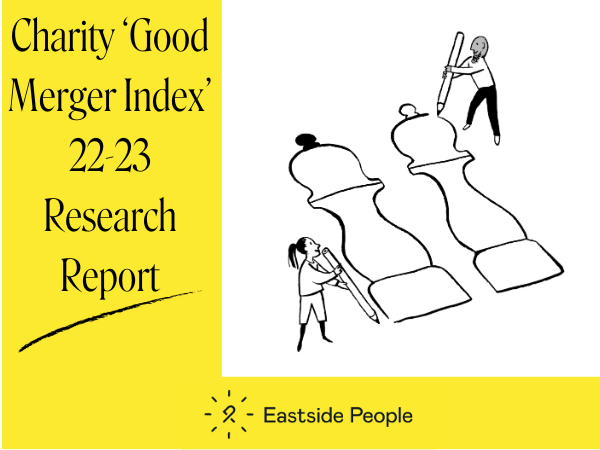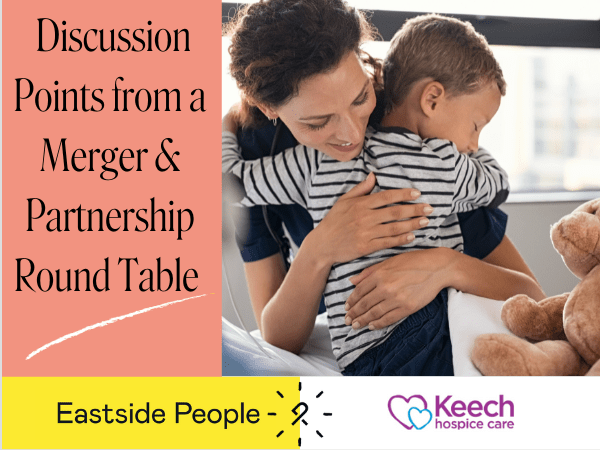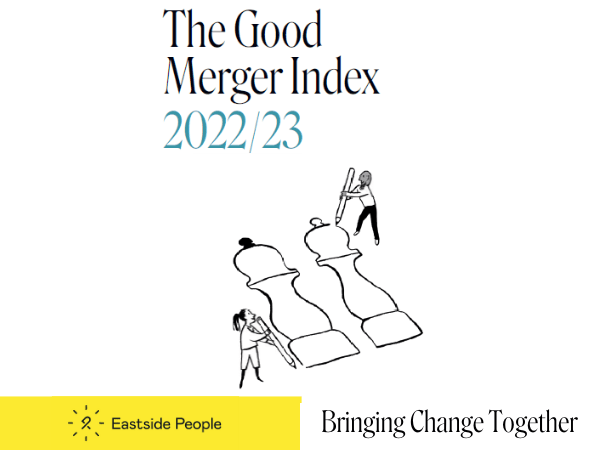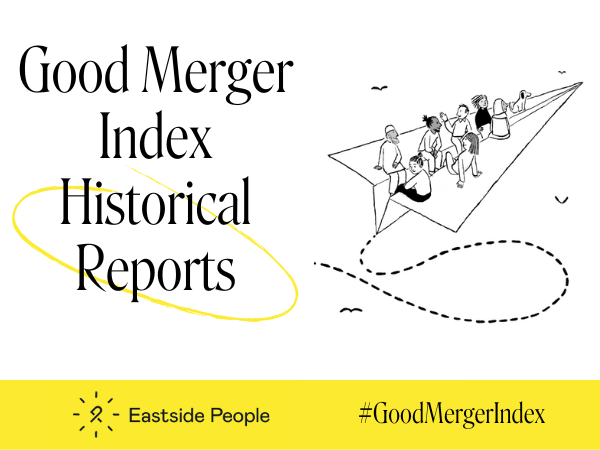Steve Chu Merger Blog recommendations and advice for merging federated charity networks.
Steve Chu’s recent Masters dissertation explored the barriers to successful mergers within federated charity networks. It found a lack of previous research into charity mergers, and almost no recent research into federated charities such as Age UK, Mind, RSPCA and Citizens Advice.
This series of five blogs aims to distil his key dissertation findings into short, readable snapshots which are aimed to be of use to all charity leaders. The dissertation formed part of Steve’s MSc in Charity Accounting and Financial Management, from Bayes Business School.
The 5 charity merger advice blogs cover:
- Drivers for charity merger, desired outcomes
- Overcoming barriers to charity merger success
- Mergers and the unique characteristics of federated charity networks
- Charity merger recommendations
- Wider recommendations for federated charity networks.
The first blog in this series explored the reasons why charities consider merging. But charity mergers are viewed negatively by many, as being “not a thing that charities do”, or even “a dirty word.” Often, Chief Executives or Trustees are blamed for not wanting to give up power and control.
The second blog in the series outlined some barriers to successful charity mergers, and how they may be overcome – these are mostly human factors which may hinder, or help, rational decision-making.
The third blog explored specific factors within federated networks, where the presence of an additional stakeholder, in the shape of a national charity, provides an important additional factor.
The fourth blog outlined some merger recommendations applicable to the whole charity sector.
But my study found some specific dynamics at play within federated charity networks, within – and beyond – merger processes. This final blog summarises some additional recommendations specifically for charities within federated networks.
These groups of charities – such as RSPCAs, Minds, Age UKs, and Citizens Advice – are constantly balancing the dynamics of maximising impact, effectiveness and efficiency of a shared brand across the entire country, whilst respecting the local independence and decision-making of local charities to respond to local needs.
My research illustrated how national charities may either be more proactive in advocating change within their networks, or more passive in deferring to local Board independence. But national charities have a critical role and oversight of ensuring their federated structure as a whole is delivering maximum impact. I advocate that they should be less passive and more assertive in maximising collective impact, reputation and quality – reaching as many beneficiaries as possible, delivering high quality services, in the most efficient and sustainable way possible.
Further, where national charities are aware of risks in their network – such as serious service quality concerns, or financial viability risks – they surely have a responsibility to all charities bearing their brand to mitigate those risks. Proactively advocating a merger may be an important risk mitigation tool to their entire network. In my study, one national charity found five local partners were all struggling to meet their quality standard but decided to suspend further action as long as they got together for a serious merger discussion – and they helped the process with staff time and funding for consultancy support.
Mergers come with up-front costs to (hopefully) achieve longer-term savings or service improvements. A small amount of funding, staff time, and encouragement from the national charity to support a merger process can help to reduce quality, financial and reputational risks throughout federated charity networks, and in turn contribute to the delivery of national aspirations to maximise collective impact.
About the Author:
Steve Chu, an experienced charity leader and non-executive director was previously Chief Executive at Age UK Sheffield. He is now an Eastside People consultant and freelance charity consultant.
For more information, or to receive a full copy of the dissertation, please visit www.stevechu.co.uk.















